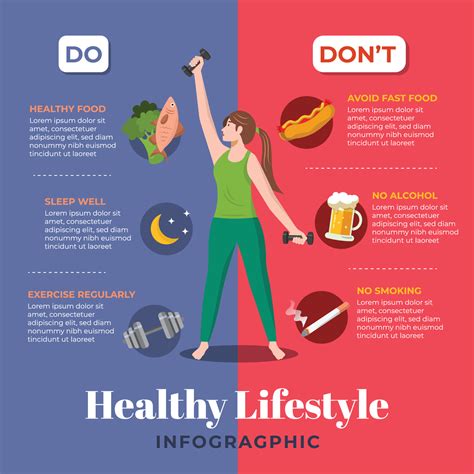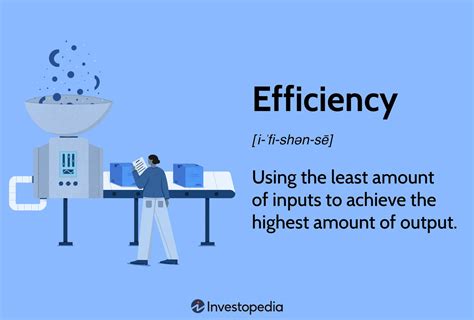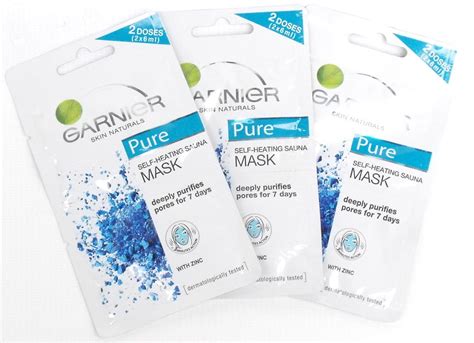How to naturally optimize testosterone for peak energy & strength?

Testosterone, often associated with male virility, is a crucial hormone impacting far more than just sex drive. It plays a pivotal role in maintaining energy levels, building muscle mass, strengthening bones, improving mood, and even supporting cognitive function. While synthetic options exist, many individuals seek natural ways to optimize their testosterone levels for sustained vitality and physical prowess. By focusing on fundamental pillars of health, you can naturally enhance your body’s testosterone production.
Fuel Your Body with Testosterone-Boosting Nutrition
Your diet is a cornerstone of hormone health. To support natural testosterone production, prioritize a balanced intake of macronutrients and micronutrients. Healthy fats, particularly monounsaturated and polyunsaturated fats found in avocados, nuts, olive oil, and fatty fish, are essential building blocks for steroid hormones like testosterone. Zinc, abundant in oysters, red meat, and pumpkin seeds, is critical for testosterone synthesis, while Vitamin D, often called the “sunshine vitamin,” is a potent hormone itself, with strong links to testosterone levels. Ensure adequate protein intake to support muscle repair and growth, which indirectly aids testosterone function.

Leverage the Power of Exercise
Physical activity is a powerful stimulus for testosterone production. Resistance training, especially compound movements like squats, deadlifts, bench presses, and overhead presses, that engage large muscle groups, has been shown to significantly boost testosterone. Aim for heavy lifts with adequate rest periods. High-Intensity Interval Training (HIIT) can also provide a temporary, yet effective, surge in testosterone. Consistency is key; make exercise a regular part of your routine, but avoid overtraining, which can have the opposite effect by increasing cortisol.

Prioritize Rest and Quality Sleep
Sleep is often an overlooked aspect of hormonal health. The majority of your body’s testosterone is produced during sleep, particularly during REM sleep. Chronic sleep deprivation can dramatically lower testosterone levels. Aim for 7-9 hours of high-quality sleep per night. Establish a consistent sleep schedule, create a dark, cool, and quiet sleep environment, and limit screen time before bed to optimize your body’s natural hormone production cycle.

Master Stress Management
In today’s fast-paced world, stress is an omnipresent factor. Chronic stress leads to elevated cortisol levels, a hormone that directly antagonizes testosterone. When cortisol is high, testosterone tends to be low. Incorporate stress-reduction techniques into your daily life, such as meditation, deep breathing exercises, yoga, spending time in nature, or engaging in hobbies you enjoy. Effectively managing stress is vital for maintaining a healthy hormonal balance.

Mind Your Lifestyle Choices
Beyond diet, exercise, and sleep, other lifestyle factors can influence testosterone. Excessive alcohol consumption can negatively impact hormone levels. Exposure to certain endocrine-disrupting chemicals found in plastics, pesticides, and personal care products can also interfere with testosterone production. Maintaining a healthy body weight is crucial, as excess body fat, especially around the abdomen, can convert testosterone into estrogen, further lowering levels. Stay hydrated and ensure regular bowel movements to eliminate toxins.
Consider Smart Supplementation (With Caution)
While a whole-food diet is paramount, certain supplements can complement your efforts, especially if you have deficiencies. Vitamin D3, Zinc, and Magnesium are common deficiencies that, when corrected, can support testosterone. Ashwagandha, an adaptogenic herb, has shown promise in some studies for reducing stress and slightly boosting testosterone. Always consult with a healthcare professional before starting any new supplement regimen to ensure it’s appropriate for your individual needs and to avoid potential interactions.

Optimizing testosterone naturally is not about quick fixes; it’s about adopting a holistic approach to health. By consistently focusing on a nutrient-rich diet, effective exercise, sufficient sleep, stress management, and a clean lifestyle, you can empower your body to produce testosterone more efficiently, leading to enhanced energy, improved strength, and a greater sense of overall well-being. Embrace these changes and listen to your body’s signals for lasting benefits.






